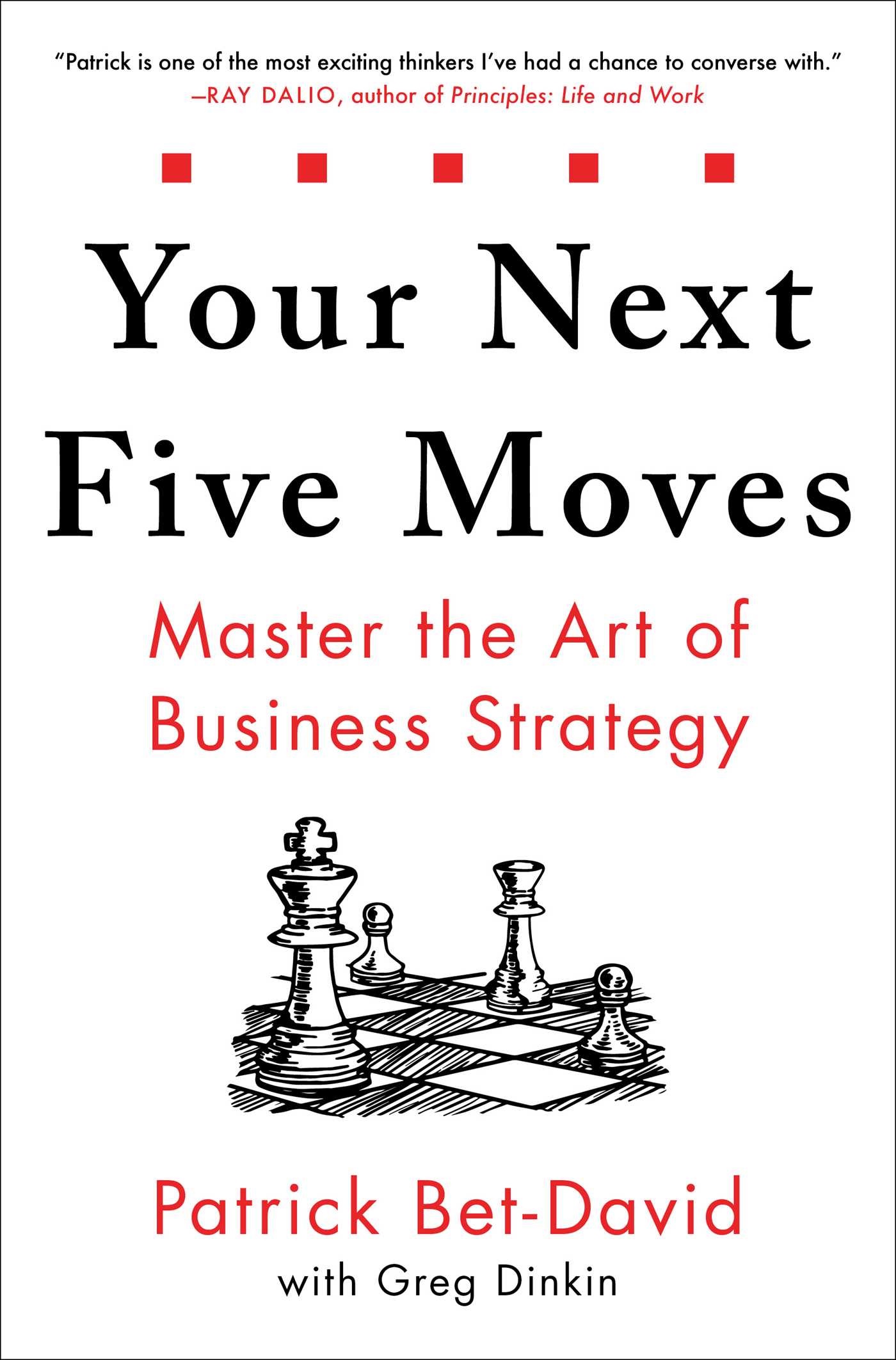Your Next Five Moves – Align Your Career with Your True Self
This is a very interesting story from the book Your Next Five Moves on reflecting about your personal goals/dreams:
My friend Shawn had more than a dozen jobs before he turned thirty. Eventually, he worked for me as an insurance agent. It shouldn’t have surprised me when he called one day to say he didn’t want to sell insurance anymore. I met with him and asked what was going on. I listened for a while; then I said, “Let me be very honest with you, but it’s going to sting. Are you okay with that?”
He paused for a moment, but eventually he said yes.
“Every single job you ever quit, it was your boss’s fault. I can name all the bosses you’ve bad-mouthed over the years. It’s always someone else’s fault, but you know whose fault it never is? Yours. Why do you think this is?”
It took a little bit of nudging, and to Shawn’s credit, he started taking responsibility. He understood that the only way to make our conversation productive was to look inward rather than point ϯngers outward.
We started processing. He began digging beneath his surface anger, talking about a guy he had hired who had now surpassed his own income. He admitted to feeling upset and even humiliated that someone he had hired was now doing better than he was. We boiled his feelings down to a combination of bitterness and envy.
I suggested that he and that guy might have different dreams; that perhaps that young star wanted to make millions of dollars and he didn’t. I said, “Put everything aside for a moment and let me ask you a question: What type of life do you want?”
Shawn was quiet for a moment, and I could tell he was taking the question seriously. Finally he said, “Pat, if I made $150,000 a year, I would live a very good life. I want to coach Little League. I want to be there for all my kids’ big moments. And to be honest, I want to be able to sleep in some days. Maybe I need to be honest that I’m not all that driven.”
Shawn’s candid self-reϲection gave him direction. He started to see that he didn’t have to compare himself with colleagues or friends. He didn’t have to try to be the richest person in his office. Once he realized what would make him truly happy and satisϯed—a $150,000 yearly income and plenty of family and leisure time—everything started to fall into place.
As we talked about it, he asked, “But isn’t this thinking too small?”
“To someone else, maybe it is,” I said. “But are you comfortable knowing that you may never ϯnd out your true potential in business but can still make a comfortable living and be a phenomenal dad?”
Shawn became quiet again, and I gave him time to reϲect. He started to see that this discussion wasn’t about other people; it was strictly about him. He needed to be honest about who he was and what he wanted out of life. Maybe as a way to distract himself from how uncomfortable this type of reϲection can be, he asked me what I wanted.
“This has nothing to do with me or anyone else,” I said. “When you’ve decided what your best life looks like and execute that vision, you won’t be envious.”
“I hear you, Pat,” he said. “But I’m still curious about what you want.”
“I want to take over the freakin’ world, but that’s me, not you. You can’t try to be me, and I can’t try to be you. That’s the worst thing you can do.”
Shawn nodded, relieved. He had a goal, the right goal. He could create a longterm strategy around it, not just a quick ϯx (i.e., quitting a job). Together we had processed the issue, and after doing so, he was able to make a choice that was ideal for him.
The key for Shawn was to stop comparing himself to others. Being home for dinner every night was important to him. And for the life he wanted, he could coast his way to making $150,000 a year and devote his heart and soul to his kids. Why try to act like Jeff Bezos or Richard Branson when you are wired differently and have different goals?
Studying the most important product requires you to dig deep. Shawn, like many people, had been operating on false assumptions about what motivated him. He hadn’t reached down far enough or been honest enough with himself. When he did, suddenly his world made sense and he understood the choices he had to make to be fulϯlled. Keep in mind that there still may come a day when he will wake up wanting to give more in order to experience more. As we’re about to discuss, your goals will evolve over time. If Shawn notices envy creeping in, it will be a powerful indicator that he should reexamine his goals.
